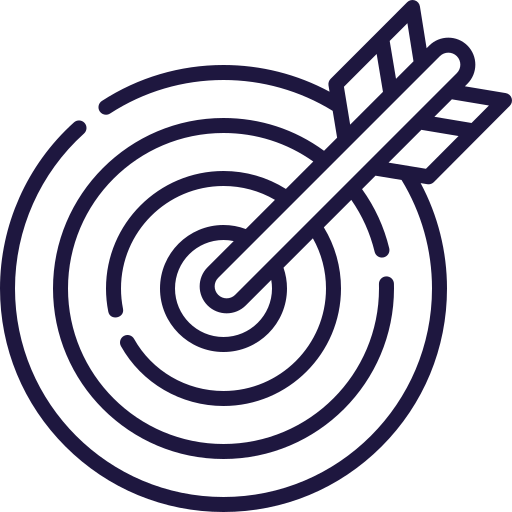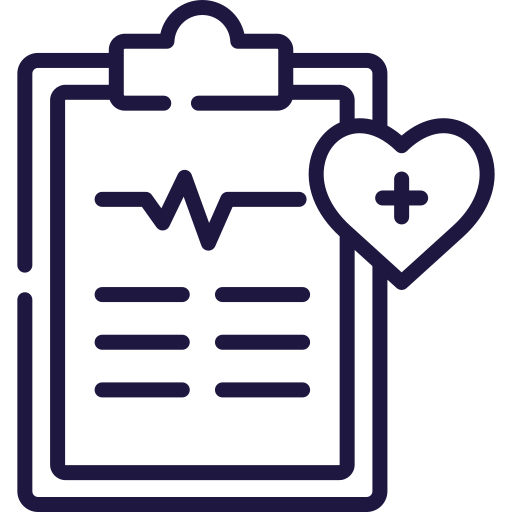Explaining Atrial Fibrillation
A 65-year old lady presents to you after a new diagnosis of AF
Candidate Instructions 🧒
You are a Junior Doctor working in Cardiology.
Your next patient is 65-years-old Mrs Phoebe Buffay who has recently been referred to you from A&E with a new diagnosis of AF.
Mrs Buffay is anxious about what this means for her, you have 7 minutes to answer her questions and discuss this new diagnosis.
Station time: 7 minutes.
Station Material (ONLY OPEN WHEN PROMPTED)
Actor Instructions 🤒
Name: Mrs Phoebe Buffay
DOB: 19/02/YYYY
Age: 65
Agenda:
- You are mildly anxious about this new diagnosis as you have never heard of it before and have already had a heart problem.
ICE:
- Ideas: Have never heard of AF before
- Concerns: Afraid of having another heart attack
- Expectations: Would like to find out more about AF and how to make herself better
Brief history: run through this in <1min
PC
- "Funny heart beat" HPC
- Admitted with a heart attack 3 weeks ago, treated by "medicines" and "stent" in cardiology dept
- Discharged home, felt well
- For past 10 days feeling like heart is beating funny
- No triggers, comes and goes, no pattern
- Seen in A&E yesterday and told heart monitor showed AF
- Told to discuss with cardiology about what AF is and management PMH
- Heart attack 3 weeks ago DH
- Aspirin 75mg
- Clopidogrel 75mg
- Atorvastatin 80mg
- NKDA FH
- Adopted, don't know SH
- Non-drinker
- Stopped smoking after MI (30 pack year)
- Trying to improve diet (overweight)
Questions: (ask if not already addressed)
- What is AF? (physiology and path-physiology)
- Why did I get it? (risk factors)
- Aside from the funny heartbeat, I feel fine so why is this an issue? (symptoms and complications)
- How will I be treated? (management)
- What can I do to reduce risks to myself? (lifestyle modifications)
- Is there anything I should be worried about? (safety net for complications)
Mark Scheme ✍️
Introduction
Ideas, concerns and expectations
ICE
What
Explains physiology and pathophysiology
Why
Explains risk factors and causes of AF
What
Describes some symptoms of AF
How
Explain management of AF (things WE can do)
Explain management of AF (things YOU can do)
After
Mention complications to be aware of and safety net as appropriate
Conclusion
Convert your points into a realistic exam mark


